Commodity Molds Manufacturers
Daily necessities molds are widely used in the packaging, retail and consumer goods industries. Due to their high stability and excellent cost-effectiveness, they have become the basic link in the supply chain of many plastic products. Such molds are usually used in mass production, with the emphasis on repeatability, cost control and durability.
Common products include household plastic containers, plastic cups, storage boxes, buckets and other general plastic products.
The focus during design and manufacturing is on the balance between material utilization efficiency and mold service life. The mold cavity design is optimized to shorten the molding cycle and ensure consistent product quality. The internal cooling system plays a key role in shortening cooling time and improving production efficiency.
Advantages:
Material selection: Use quality mold steel to ensure surface quality and dimensional accuracy under long-term use.
Mold structure: Use simplified structure as much as possible to facilitate maintenance and cost control.
Customization capability: The number and size of mold cavity can be customized according to customer product needs.
Surface treatment and tolerance control: meets the functional and appearance requirements of batch products.
-
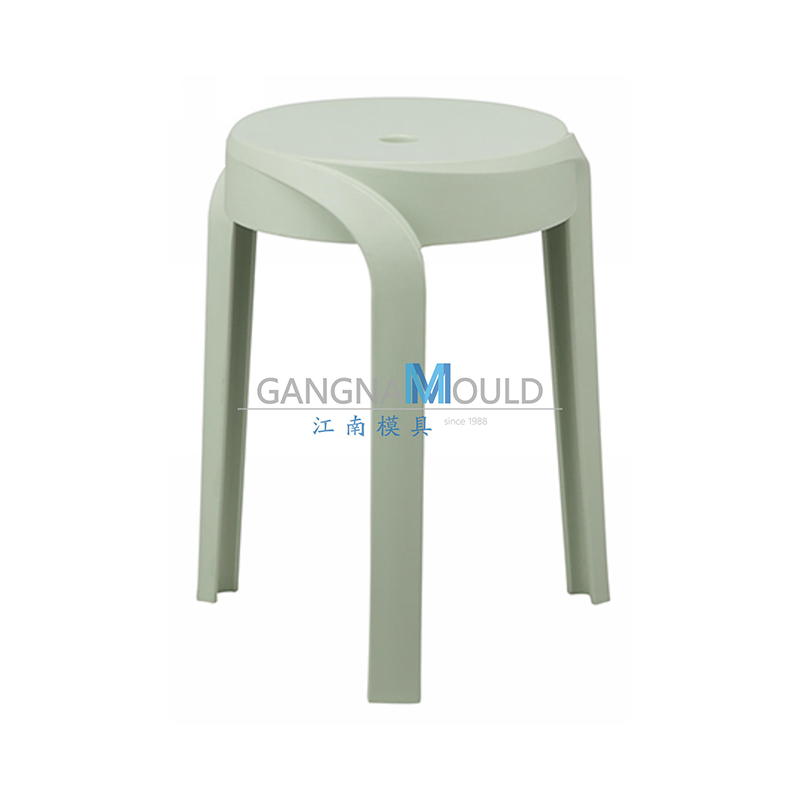
JN-098 Colorful lightweight plastic stacking stool mold
Contact Us -
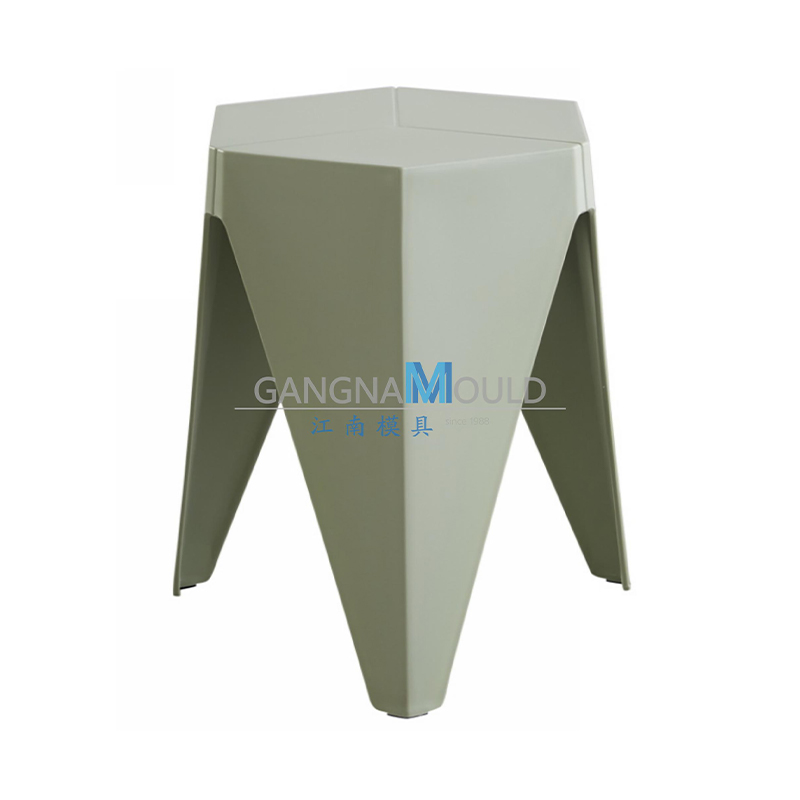
JN-103 Colorful lightweight plastic stacking stool mold
Contact Us -
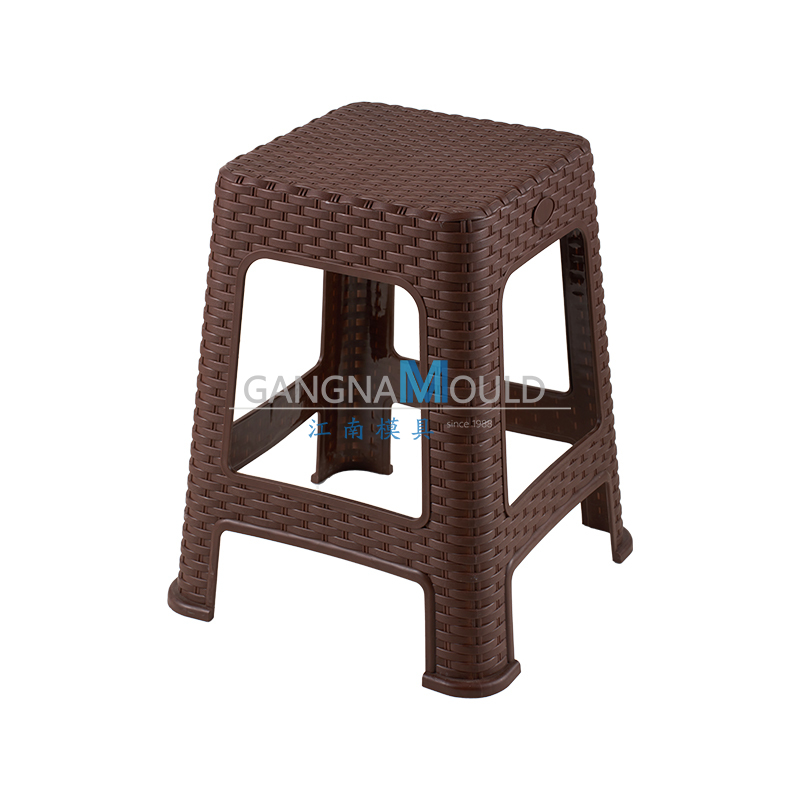
JN-589 Modern Portable Stackable Plastic Stool Mold
Contact Us -
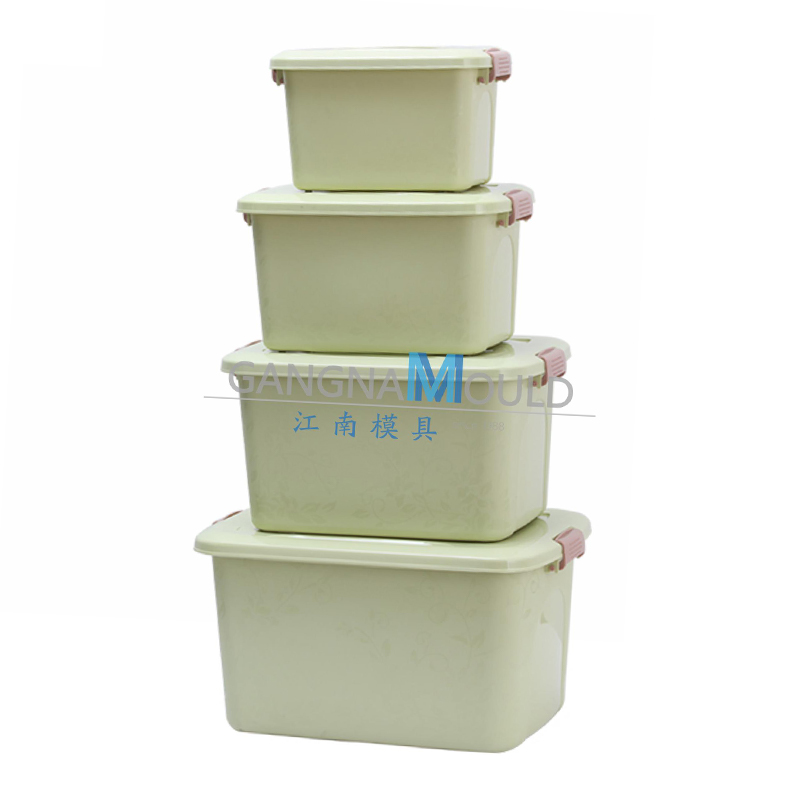
JN-473 Different size plastic storage box molds
Contact Us -
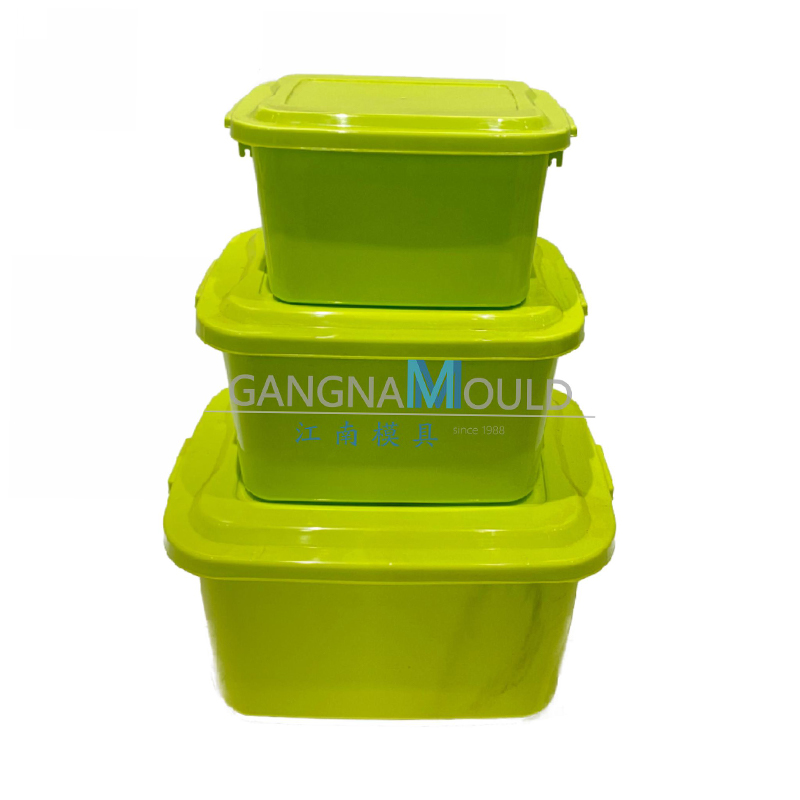
JN-483 Different size plastic storage box molds
Contact Us -
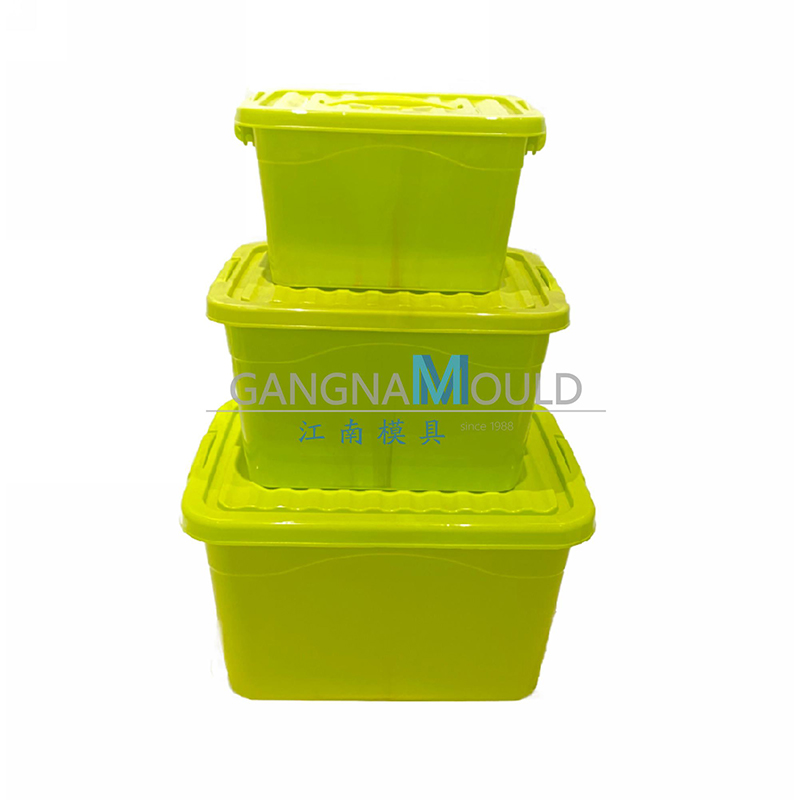
JN-484 Different size plastic storage box molds
Contact Us -
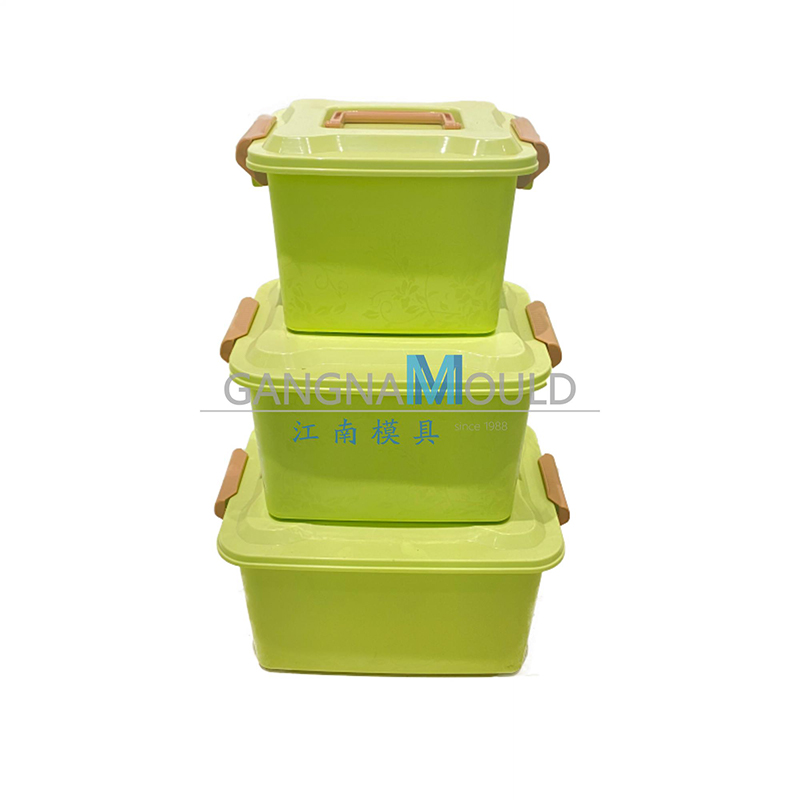
JN-482 Different size plastic storage box molds
Contact Us -
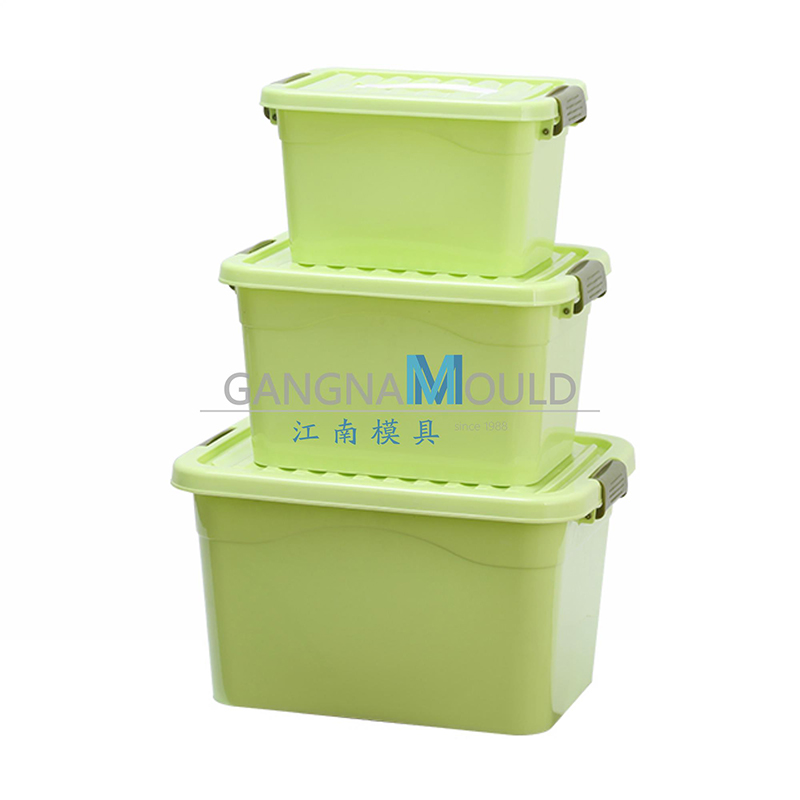
JN-471 Plastic storage box molds of different sizes
Contact Us -
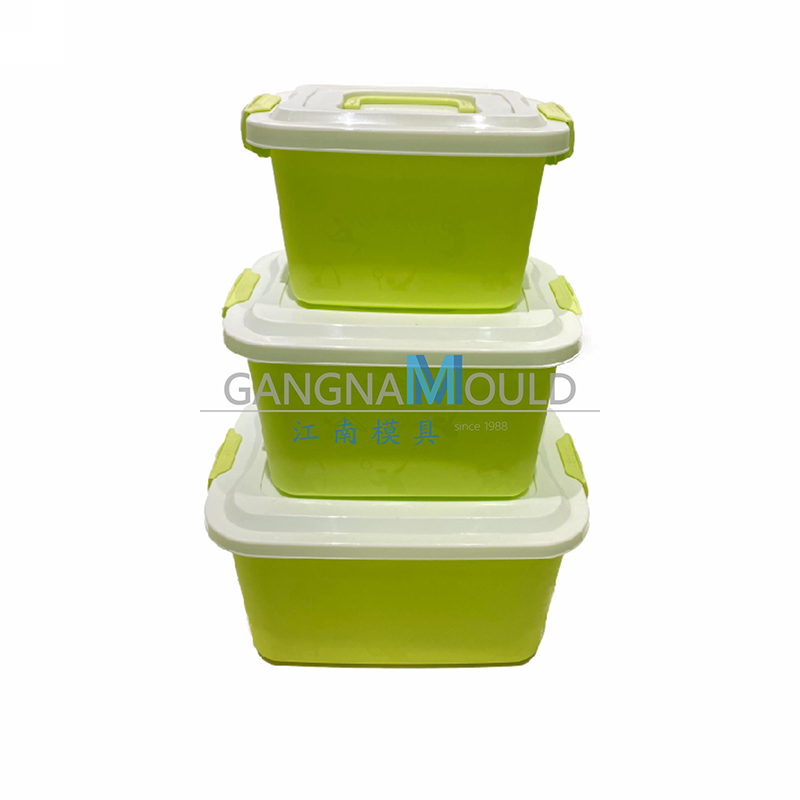
JN-466 Different size plastic storage box molds
Contact Us -
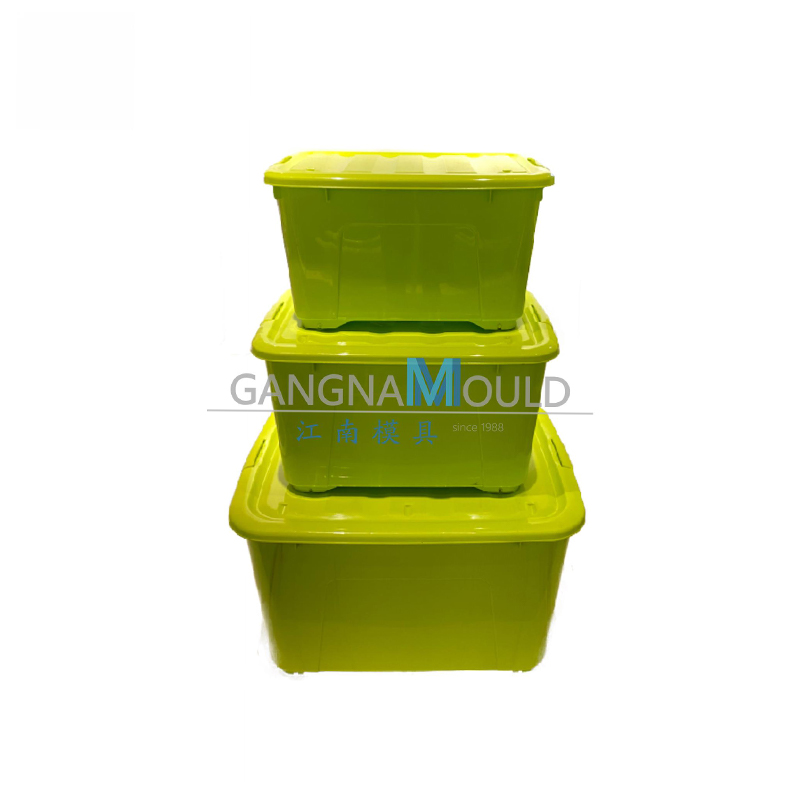
JN-469 Different size plastic storage box molds
Contact Us -
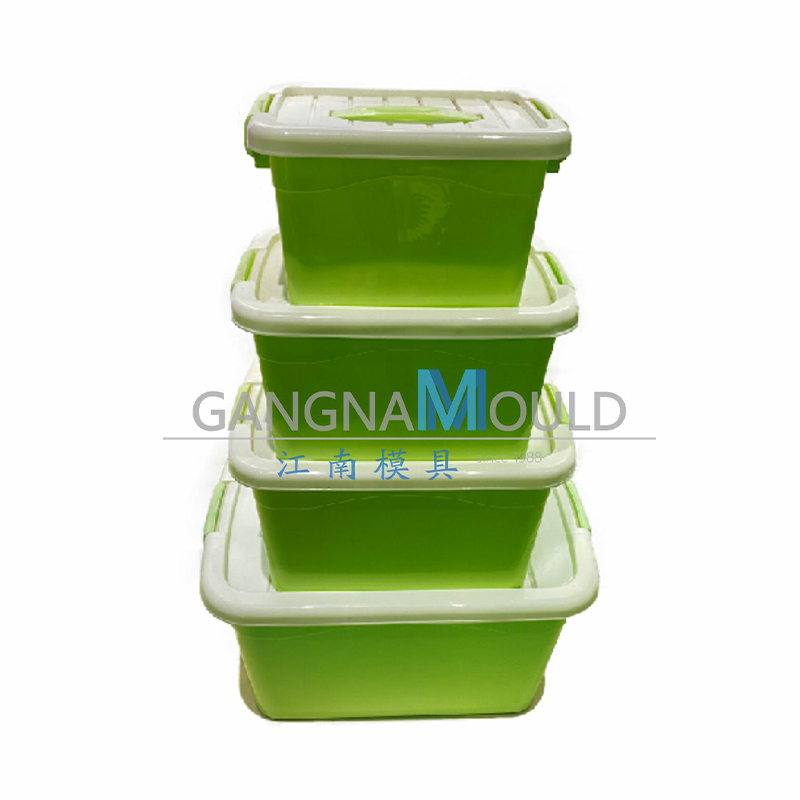
JN-475 Different size plastic storage box molds
Contact Us -
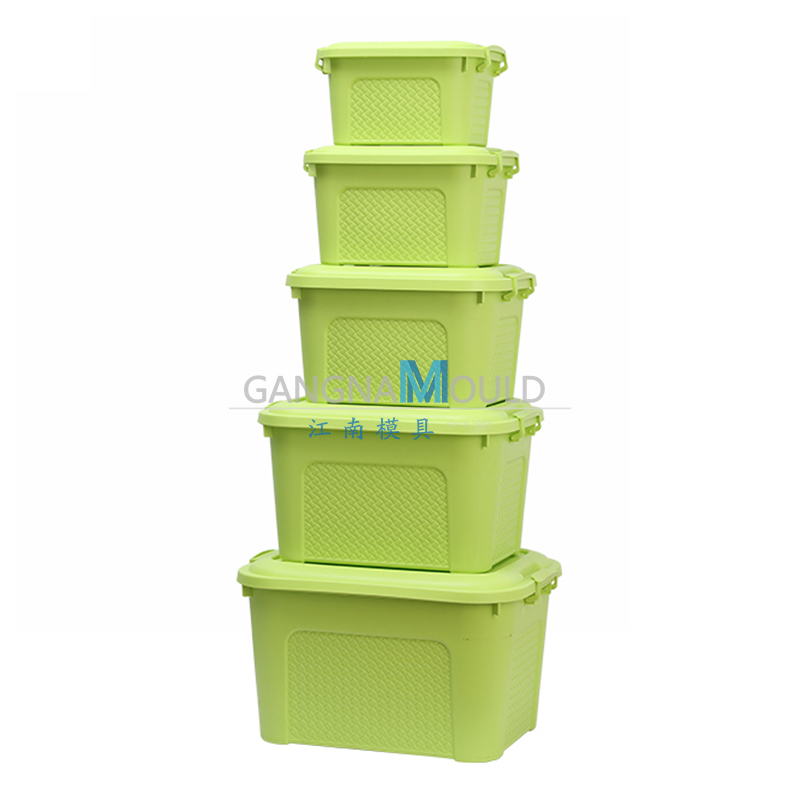
JN-467 Different size plastic storage box molds
Contact Us
ABOUT GANGNAM MOULD
At Gangnam Mould, we specialise in the R&D and manufacturing of high-precision moulds. We design and produce plastic moulds for a variety of everyday items, logistics packaging (such as trays and turnover boxes), household appliances, and hollow blow moulding.
Thanks to our advanced technology and extensive experience, we are able to provide efficient and reliable mould solutions to customers around the world, helping them to improve productivity and market competitiveness.
Gangnam Mould now complies with ISO 9001:2015 QMS and looks forward to building long-lasting business relationships with clients and suppliers worldwide.
- 1000+ successfully executed projects.
- Excellent product quality and thoughtful customer service.

Our 37 years of customization experience has created a Gangnam-Mould brand value.
Our Proven Management System & Our Professional R&D Strength
Committed to ISO 9001 standards and a customer-centric approach, the company has built a comprehensive mold R&D and manufacturing platform, earning the trust of leading clients across industries — a true hidden champion in the field.
-

Certificate
-

Certificate
-

Certificate
News & Blogs
Industry knowledge
Home appliance mould is a specialised tool used in manufacturing plastic components for household appliances. It shapes molten or softened plastic into precise forms for items such as washing machine panels, refrigerator parts, vacuum cleaner housings, and kitchen appliance casings. Typically made from steel or aluminium, these moulds are designed for durability and repeated use under high temperature and pressure. Proper design and maintenance ensure consistent quality, dimensional accuracy, and smooth surface finishes, supporting efficient production of reliable, functional, and visually appealing home appliance components.
Daily Necessities Mold Design and Applications
Daily necessities moulds are essential tools in the production of everyday plastic items. These moulds shape materials such as polypropylene, polyethene, or ABS into objects used in kitchens, bathrooms, offices, and personal care. Products like storage containers, toothbrush holders, kitchen utensils, and cosmetic organisers are commonly manufactured using these moulds.
The design of daily necessities moulds focuses on precision, durability, and ease of release. Factors such as wall thickness, surface texture, cooling channels, and gate location are carefully considered to ensure uniformity and reduce defects. The moulds are typically made from tool steel or aluminium to withstand repeated use and maintain dimensional accuracy. Smooth cavity surfaces and polished finishes help achieve consistent product quality while minimising friction during ejection.
Daily necessities moulds support efficient production by enabling high-volume manufacturing with small material waste. Proper maintenance, including regular cleaning, lubrication, and inspection, is important to preserve mould performance and longevity. Manufacturers can also modify mould designs to accommodate ergonomic features or aesthetic improvements, enhancing the usability and appeal of the final products.
Overall, daily necessities moulds play a critical role in producing functional, practical, and durable plastic items that are used in everyday life. They combine precision engineering with adaptable design to meet both functional and visual requirements in household products.
Household Appliance Mould Maintenance and Efficiency Tip
Household appliance moulds are specialised tools used to produce plastic components for appliances found in kitchens, laundry rooms, and other areas of the home. These moulds shape thermoplastics such as polypropylene, ABS, or polycarbonate into precise forms for appliance housings, panels, buttons, and structural components.
Designing household appliance moulds requires attention to durability, dimensional accuracy, and heat resistance. Proper placement of gates, cooling channels, and ejector systems ensures a consistent flow of material and reduces defects such as warping or surface imgoodions. Moulds are usually constructed from steel or aluminium to endure repeated production cycles under high pressure and temperature. Polished cavity surfaces and precise tolerances help maintain product quality and fit.
Household appliance moulds enable manufacturers to produce complex shapes efficiently while maintaining consistent performance. They are also designed to allow for future adjustments, such as adding new features or modifying ergonomics, without significant downtime. Regular maintenance, including cleaning and inspection, is necessary to ensure the moulds remain reliable over time.
These moulds contribute to the production of safe, durable, and functional appliance parts that meet the demands of daily life. By combining precision engineering with adaptable design, household appliance moulds help create products that are both practical and visually appealing.



 English
English русский
русский Español
Español Français
Français عربى
عربى 简体中文
简体中文


